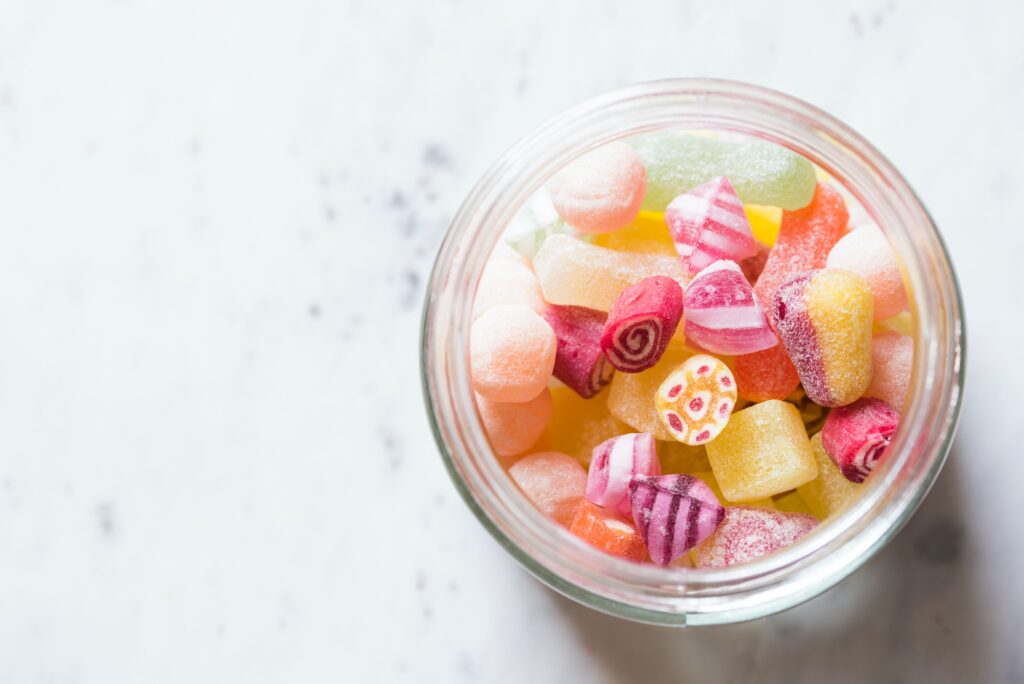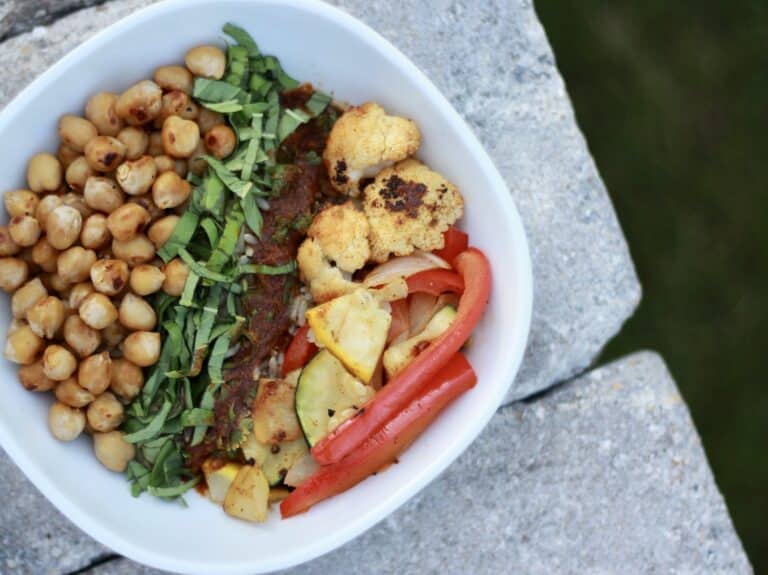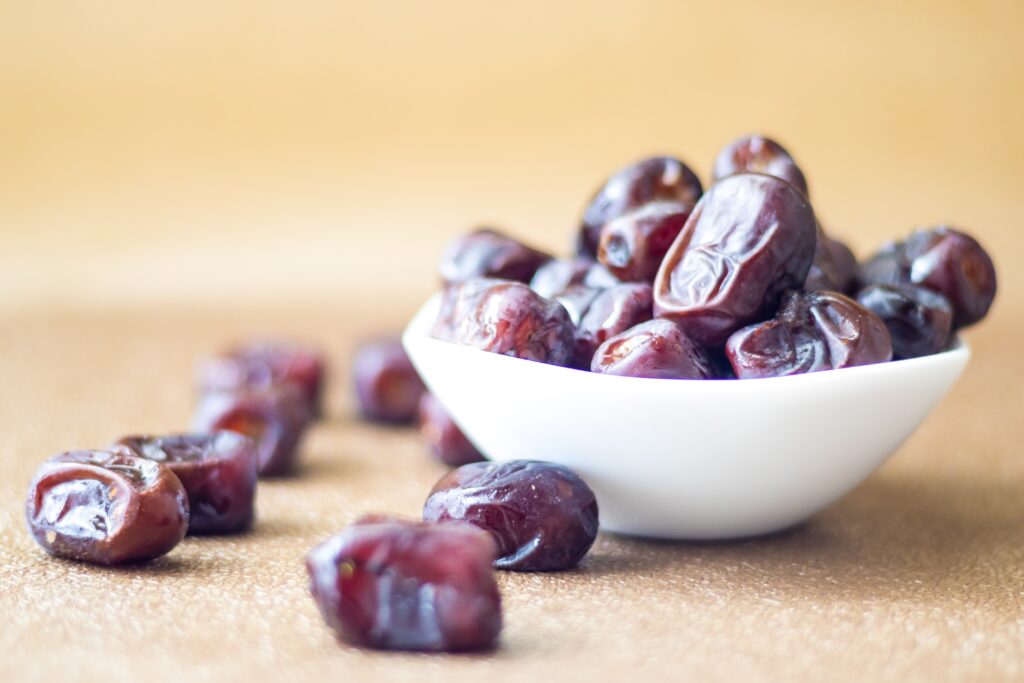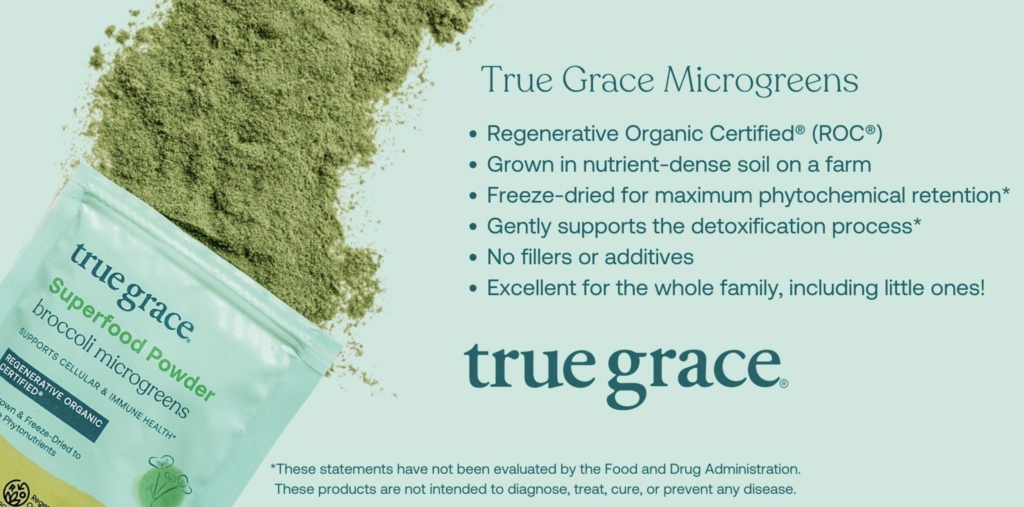Podcast Features
What do you want to learn more about?
Mentorship Program, 1:1 Nutrition Coaching with Alison
The Wholesome Journey - Group Nutrition Coaching Program
November 15, 2023
Alison Tierney, MS, RD, CD, CSO
Alison is a registered dietitian, board-certified in oncology nutrition, and a cancer thriver. Her expertise in oncology nutrition and personal experience with her own cancer diagnosis and its treatment provide her with the unique perspective of being able to relate to her clients on an entirely different level. Her content is consistently focused on evidence-based guidelines and seeks to increase the awareness of the power of nutrition to complement traditional cancer therapies.
- Alison Tierney, MS, RD, CD, CSOhttps://wholesomellc.com/author/alisonwholesomellc-com/
- Alison Tierney, MS, RD, CD, CSOhttps://wholesomellc.com/author/alisonwholesomellc-com/
- Alison Tierney, MS, RD, CD, CSOhttps://wholesomellc.com/author/alisonwholesomellc-com/
- Alison Tierney, MS, RD, CD, CSOhttps://wholesomellc.com/author/alisonwholesomellc-com/
Does sugar feed cancer?
Of all the nutrition questions related to cancer, this one is likely the most common question among cancer patients. There is an incredible amount of fear surrounding this topic.
It’s time to set the record straight, reduce the fear, and become empowered with the facts.
Let’s dive in!
Understanding How Our Body Uses Sugar
When it comes to reducing food fear related to a cancer diagnosis, it’s important to start with truly understanding how our body works and uses sugar.
First, there are several different types of sugar such as: glucose, fructose, galactose, sucrose, lactose, and maltose. Combinations of these different sugars create what are considered long-chains – or complex carbohydrates.
No matter what type of carbohydrates we consume – everything from Skittles, which are virtually pure sugar (a carbohydrate), to broccoli that also contains carbohydrates – our body will break down the carbohydrates into the simple sugar – glucose.

And although the different cells within our body have different jobs, glucose is the prefered fuel that powers every single one of our cells.
So more simply put – when we eat carbohydrates, our body will break it down into glucose which will ultimately fuel every cell in our body.
But what happens if our body doesn’t have these carbohydrates or not enough (such as a low carbohydrate nutrition approach)?
Our bodies are pretty intelligent and will ensure it gets the glucose it needs, such as through the process called gluconeogenesis. This process is when the body creates new glucose from noncarbohydrate sources, such as proteins and fats.
Bottom line? Our bodies will create glucose when it doesn’t have it, or enough of it.
Does Sugar Contribute to Cancer Growth?
Now that we understand that the body needs glucose and will make it if it needs it, how does this relate to cancer?
Cancer cells (typically) grow quickly, which requires a lot of energy – or glucose. And it is one important fuel for cancer cells.
Since we know this, the common question then is: If cancer cells need a lot of glucose, then wouldn’t cancer cells stop growing if we didn’t give it carbohydrates, or glucose? Does sugar feed cancer?
It’s a good thought. However, it’s not that simple. Why?
Because we know that our body will still make glucose, even if we don’t provide carbohydrates.
And glucose isn’t cancer’s only fuel. It also uses amino acids, fatty acids, and others.
But also, if we were to remove all carbohydrate rich foods (and thus glucose), it would also mean we would be losing out on a wide variety of nutrients that support our immune system and complement the fight against cancer.
Click here to check out my favorite supplement company – True Grace. Using this Wholesome Link will get you 10% off your first order!
What Carbohydrate Rich Foods Support Our Body?
If we were to deprive our body of all carbohydrate rich foods, we’d be losing out on a wide variety of foods that provide important nutrients essential for our body to thrive.
According to the “Diet, Nutrition, Physical Activity and Cancer” from the American Institute for Cancer Research and the World Cancer Research Fund, vegetables, fruits, and whole grains (all of which contain carbohydrates) provide us with many nutrients and thousands of phytochemicals. The data available shows that many of these nutrients are anti-tumorigenic (or, stopping the formation of tumors). (1)
These foods are whole, unprocessed plant-foods such as fruit, vegetables, whole grains, and legumes (or beans).
As a cancer survivor myself, I want all of the anti-tumorigenic properties I can get!

How Might Sugar Fuel the Growth of Cancer?
The next question then is often, “So, we shouldn’t worry about sugar then?”
Well, not quite.
The research has strong and convincing evidence that sugar sweetened drinks increase the risk of weight gain, overweight and obesity in both adults and children. This finding is especially strong when these drinks are consumed often and in large amounts. (1)
And unfortunately, being overweight and obese increases the risk of 13 different cancers. This is likely related to increased inflammation, hormones, and growth factors associated with weight gain. (1)
Sugar, and thus sugar sweetened beverages, can provide a lot of energy (calories) without reducing appetite. There is a lot more that goes into this conversation and will require a different blog post, but the simplified understanding is that highly processed foods – such as those high in added sugars – are typically low in fiber, which is essential for managing blood sugars, hunger, several hormones (i.e. insulin), and more.
Not to mention, these foods also don’t contain the vitamins, minerals, phytochemicals and essential nutrients that play a role in supporting our immune system and the anti-tumorigenic properties discussed above!

What Do We Understand So Far?
As we move through this article, we currently understand a few things as it relates to the question, “Does sugar feed cancer?”
- Glucose is a fuel source for cancer, but so are other nutrients.
- Glucose is the primary fuel source for the trillions of cells in our human body.
- Whole, unprocessed carbohydrate rich foods, such as fruits, vegetables, whole grains, and legumes contain vitamins, minerals, phytochemicals, and fiber which support our body’s fight against cancer in numerous ways.
- Added sugar and sweetened beverages in our diets can provide high amounts of energy (calories) and little to no fiber, which does not reduce appetite and can lead to weight gain, overweight and obesity – which is a risk factor for 13 different cancers.
So, what else?

Does Cancer Feed on Sugar from Fruit?
Most people understand that added sugars in the diet do not support our overall health, and if consumed in high amounts, can increase our risk of cancer and its recurrence.
But even after explaining all of the above to my clients, a common question that still arises is “Can I eat fruit? Does cancer feed on sugar from fruit?”
Fruit in its whole food form, and not its processed forms (such as juice), are absolutely incredible additions to the nutrition approach focused on reducing the risk of cancer and its recurrence!
In fact, research shows the consumption of non-starchy vegetables and fruit combined decreases the risk of mouth, pharynx, larynx, esophageal, lung, stomach, colorectal, and bladder cancers. (2)
It is hypothesized that the lower risk is related to fiber, vitamin C, flavonoids (a phytochemical), and numerous other compounds found in fruits and vegetables.
The AICR’s Foods that Fight Cancer list includes the fruits apples, blueberries, cherries, cranberries, grapefruit, grapes, oranges, raspberries, and strawberries as foods – in combination with a variety of other whole plant foods – that lower the risk for many cancers.
So, should you include fruit? Yes – in its most whole food form, a variety of them, and often!

Click here to check out Whole Harvest and use the coupon code WHOLESOME for $20 off your first box!
Okay – now let’s move on to clarify what we are talking about with the question “how much sugar should a cancer patient have a day?”
How Much Sugar Should a Cancer Patient Have a Day?
We’re talking about added sugars. Not about the natural sugars found in fruit.
What is considered added sugar? Certainly regular table sugar or granulated and powdered sugar. But it also includes brown sugar, agave nectar, brown sugar, coconut sugar (yes, coconut sugar), high fructose corn syrup, sucrose – and the many other common names for sugar.
Yes, one may argue that agave nectar or brown sugar are different from high fructose corn syrup. However, these sweeteners are still devoid of fiber and many essential nutrients.
So how much, you ask? Well, as always, the less the better.
If you want a definitive number of grams, the AICR and WCRF does not provide a specific recommendation. However, the World Health Organization (WHO) recommends (3):
- A reduction of free sugars (added sugars) throughout one’s lifetime.
- For both adults and children to reduce their free sugars (added sugars) to less than 10% of total calories.
- For example, if you are consuming 2,000 calories per day, this should be no more than 200 calories from added sugar. Two-hundred (200) calories is 50 grams of sugar, or 12.5 teaspoons.
- For example, if you are consuming 2,000 calories per day, this should be no more than 200 calories from added sugar. Two-hundred (200) calories is 50 grams of sugar, or 12.5 teaspoons.
- WHO suggests a further reduction of free sugars (added sugars) to less than 5% of added sugars.
- For example, 100 calories in a 2,000 calorie diet, which is 25 grams of added sugar, or 6.25 teaspoons of sugar.
- For example, 100 calories in a 2,000 calorie diet, which is 25 grams of added sugar, or 6.25 teaspoons of sugar.
It certainly can be difficult to completely eliminate added sugars, because it feels like it is found virtually in everything! Breads, peanut butter, tomato sauce, ketchup, BBQ sauce, yogurt – you name it!
However, aim to reduce added sugars as best as possible and focus your nutrition approach on whole, unprocessed foods as much as possible.
Tips to Reduce Added Sugars in a Cancer Patient’s Diet
Anyone can benefit from a reduction in added sugars in their diet. Unfortunately, added sugars provide no fiber and no essential nutrients. Although, it can certainly make some foods or recipes taste quite good.
Here are a few tips to reducing added sugars:
- Slowly reduce added sugars in your foods. For example, say you enjoy some sugar in your morning coffee or tea. Slowly reduce a little bit at a time since your palate will adjust over time. One day, you may even enjoy your coffee black or with just a pinch of sweetness!
- Consider sweetening with dates instead! I love to add a date or two to my smoothie to make it a little sweeter, instead of adding sugar sweetened yogurts or juice. We also love our No-Bake Chocolate Date Truffles that are sweetened only with dates.
- Sweeten with fruit instead! Our Peanut Butter Banana Muffins are sweetened with ripe bananas and instructs you on how to use date sugar, instead of brown sugar in the recipe.
- Follow food bloggers focused on whole ingredients and minimizing added sugars, especially in their desserts. Some of my favorites include Rise & Shine Cook, Lauren Kretzer, and Faithful Plateful.

What is the Best Approach to Sugar and a Cancer Fighting Diet?
Coming to this article today, you probably already knew that sugar itself wasn’t necessarily a health promoting food or ingredient. But, you were perhaps uncertain how to answer the question, “Does sugar feed cancer?”
However, hopefully you have a better understanding that a small amount of added sugar itself isn’t going to promote cancer growth – but sugar itself doesn’t contain health promoting properties such as fiber, vitamins, minerals, and phytochemicals.
A nutrition approach focused on predominantly whole, unprocessed foods – and more specifically fruits, vegetables, whole grains, and legumes is an ideal approach to reduce the risk of cancer and its recurrence.
References
- World Cancer Research Fund and the American Institute for Cancer Research. Diet, Nutrition, Physical Activity and Cancer: A Global Perspective. Published 2018. Accessed March 7, 2023. https://www.wcrf.org/wp-content/uploads/2021/02/Summary-of-Third-Expert-Report-2018.pdf
- Raspberries: Rich in fiber and Ellagitannin compounds. American Institute for Cancer Research. (2021, August 3). https://www.aicr.org/cancer-prevention/food-facts/raspberries/#research
- World Health Organization. (2015, March 14). Guideline: Sugars intake for adults and children. World Health Organization. https://www.who.int/publications-detail-redirect/9789241549028
Wholesome LLC is reader-supported. Some posts contain affiliate links. If you purchase through these links on our site, we may earn a small commission (at not extra cost to you) to help support this content, and any future content. Thank you for support this site!
Health 101: Does Sugar Feed Cancer?
Wholesome LLC is not a medical practice, and its employees cannot offer medical advice. This website provides educational information but it is not a substitute for medical advice from a licensed medical professional who is familiar with your particular facts and circumstances. The information contained on this website is not intended to diagnose, treat, or cure any disease and shall not be construed as medical advice. The information and education on this website is provided for you to use at your own discretion.
You can further review our disclaimer here.
Wholesome
About Alison
Courses & Programs
The Wholesome Journey
Free Resources
FAQs
Press & Media
Recipes
Blog
Contact Us
Shop
© 2025 Wholesome, LLC All rights reserved.
Privacy Policy
Terms of Use
Disclaimer
Mobile Terms of Service
